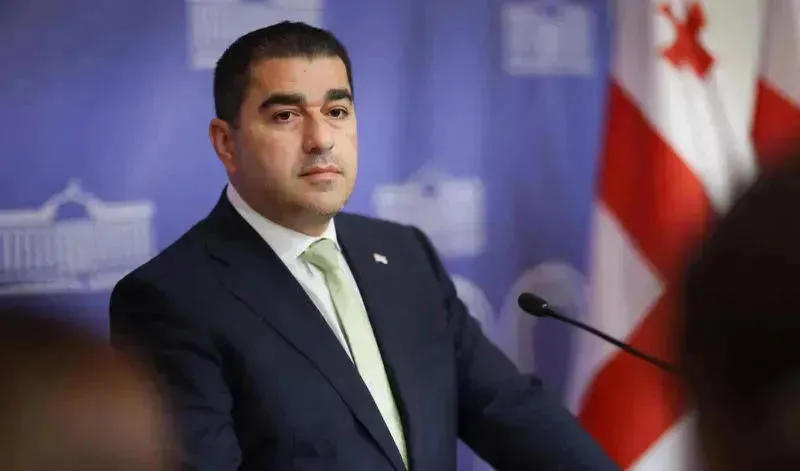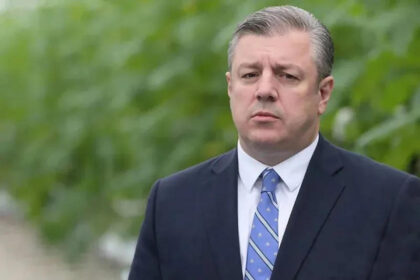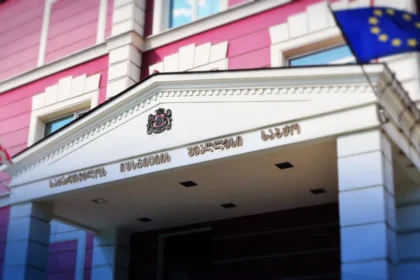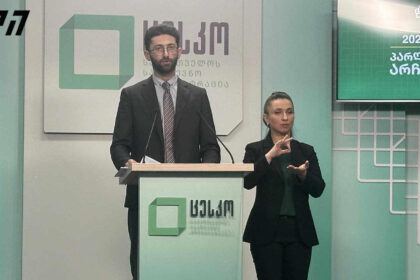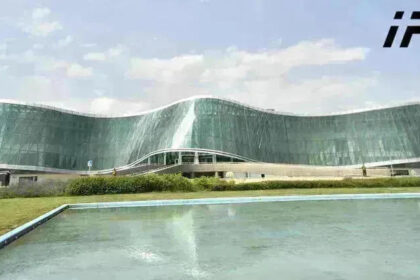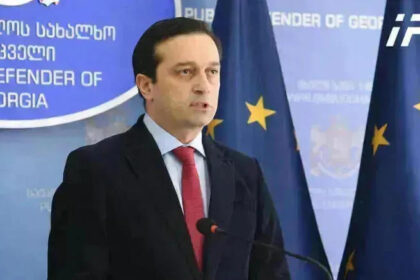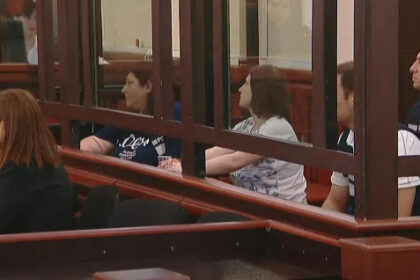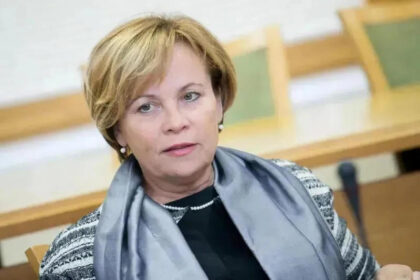**Georgian Parliament Speaker Clarifies Presidential Pardon Offer**
In a recent statement, Mikheil Kavelashvili, the President of Georgia, offered to pardon politicians serving sentences in correctional facilities if they agree to participate in the upcoming local government elections. However, according to Parliament Speaker Shalva Papuashvili, this offer does not apply to former Georgian President Mikheil Saakashvili because he holds Ukrainian citizenship.
Speaking to journalists, Papuashvili emphasized that Ukraine’s political elite has “already borne the blame” for their actions against the Georgian people. She stated that it is “unacceptable” for a Ukrainian citizen to participate in Georgia’s elections and that Saakashvili’s party should decide whether or not to participate in the elections on its own.
The pardon offer, according to Kavelashvili, aims to give politicians who have broken the law but received lighter sentences an opportunity to fully engage in the election campaign. Papuashvili clarified that this offer is specifically for Georgian citizens who have violated the country’s laws and Constitution, and does not extend to foreign nationals.
**Context and Analysis**
The controversy surrounding Saakashvili’s potential participation in Georgia’s elections has been brewing for some time. As a former Georgian President now living in Ukraine, Saakashvili has maintained strong ties with Georgian politics and has expressed his intention to participate in the country’s elections.
Papuashvili’s statement suggests that there are deeper concerns about foreign interference in Georgia’s electoral process. By emphasizing the importance of full participation by all political parties and the need for a fair election campaign, Kavelashvili may be trying to address these concerns and ensure a level playing field for all candidates.
However, Saakashvili’s exclusion from the pardon offer raises questions about the fairness of this approach. Will other foreign nationals who have violated Georgian laws also be excluded from participating in the elections? How will the Georgian government ensure that the electoral process remains free from external interference?
As Georgia prepares to hold its local government elections on October 4, these questions will only continue to grow more pressing.
Read More @ www.interpressnews.ge




